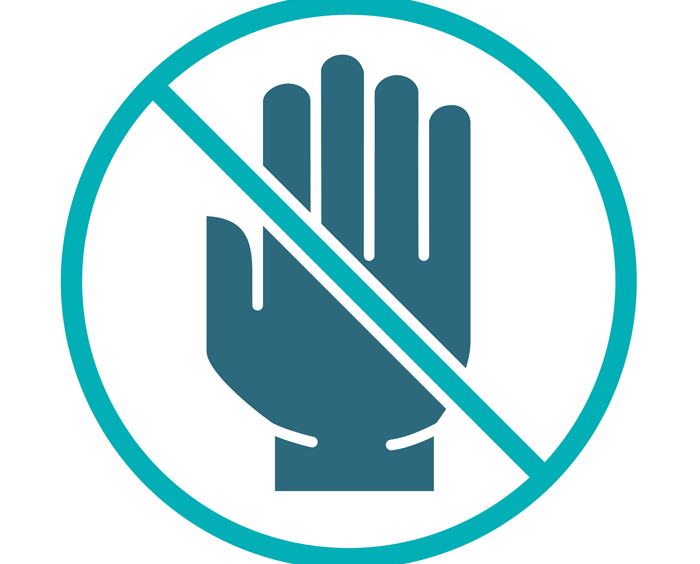
More and more older people are opting out. They’re opting out of complicated, costly, painful, and often very stressful treatments and medical regimes that may prolong a life but that can easily be difficult and/or costly to experience. Some are foregoing any and all treatments, including the simplest forms of medications and treatments.
Dr. Ezekiel Emanuel, world-renowned oncologist and one of the architects of Obamacare, has spoken about his decision to not seek any kind of medical intervention including testing, therapies, and even pain meds after the age of seventy-five, ten years from now. He believes by the age of seventy-five, elders become not only a drain on medical resources, a burden on family and society, but also become feeble and needy. It’s his belief that, by that age, we are no longer the person we were the majority of our lives and will mainly be remembered for how we survived in the last few years of our life. Therefore, if he develops a life-threatening illness at seventy-five or beyond, he will not seek treatment and instead will just let the disease kill him.
Dr. Emanuel feels there is a lack of dignity when aging past seventy-five. He also feels that, while our lifespans have increased, so has the number of unhealthy years. We thus become, for a longer time, a drain on limited medical resources, resources that might help others. I don’t hear this doctor advocating for others to agree with his stance on the decision to opt out earlier. I hear him stating what he’s going to do for himself (much to his family’s chagrin, I understand). He only puts the idea out there for others to consider.
His opinions, while they represent solid views for himself, are controversial and not easily accepted by many of us elderly people. I realize the lifespan of Americans has jumped and that places a burden on medical resources. This idea about refusing any medical intervention, including pain meds, came about for Dr. Emanuel back in 2014. So, he’s had years to live with his choice, and there’s a good chance he’ll have another several years before he might have to change his mind. It isn’t a game or a trick to entertain for Dr. Emanuel. It’s a heartfelt opinion that living past seventy-five “…robs us of our creativity and ability to contribute to work, society, the world.” He hopes to remain in good shape until he’s seventy-five so he can die while he is still healthy and vibrant.
How do you feel about refusing any medical treatment by seventy-five? Is this something you’re likely to incorporate into the end of your days?


Hi, Antonia. Wow, this statement is really something. I understand Dr. Emmanuel’s theory and thinking process in very limited terms of “the greater good.” But it’s purely speculative and intellectual. We are no longer a society dependent on sending unproductive oldsters off on an ice floe. His decision is so premature, so to him I say, “Never say never.” I remember hearing about a Critical Care nurse who told her family that under NO circumstances were they to approve any extraordinary help for her if she contracted cancer, etc. because she’d seen so many people suffer and then just die. She was adamant! Well, she did contract something and changed her mind! Speculating in our heads about the future and the decisions we’ll make in it is very un-human. The desire to live is very strong and emotionally based, not intellectual. While I do hope I have the sense if I get into bad trouble to call a halt to painful and unhelpful treatments, I’m leaving my mind open to reviewing what can be done and whether or not it’s worth it. Living in pain for years and then dying does seem like a waste, until it’s you.
Like you, Christine, I’m leaving my mind open about the future and how I might feel about continuing health care. I find Dr. Emmanuel’s choice, especially if he sticks with it, interesting and noteworthy. As with so many things, time will tell.
Thanks, as always, for reading and for your response.
His seems to be an extreme view and seems to be predicated on the belief that a person’s value is in what they contribute. There is a lot to be said for simply enjoying the gift of life. I think we contribute consciousness for as long as we live, and that the elderly are valuable living encyclopedias. My grandmother died at 89, my mother at 79, and I was nowhere ready to let them go. They “contributed” so much joy and meaning in my life and both were beyond 75 when they passed. I used to think I’d prefer to end it all if my life took a major turn for the worse; then I watched my father died of ALS, and I watched as his definition of “quality of life” changed as he became more ill. I saw his face light up when his children came into the room, and I experienced that light. So I disagree with this philosophy, while supporting the right of the individual to make their own choice.
Fabulous comment, Debbie; thank you! I agree that Dr. Emmanuel’s point of view seems extreme and is undoubtedly predicated on his medical approach to longevity. He says nothing in about the value of human lives much beyond how they can drain the system as they age. I also agree with you in that he has the right to share his approach — an approach I felt compelled enough to share here — but it’s a philosophy that doesn’t completely work for me either. Thanks for reading!